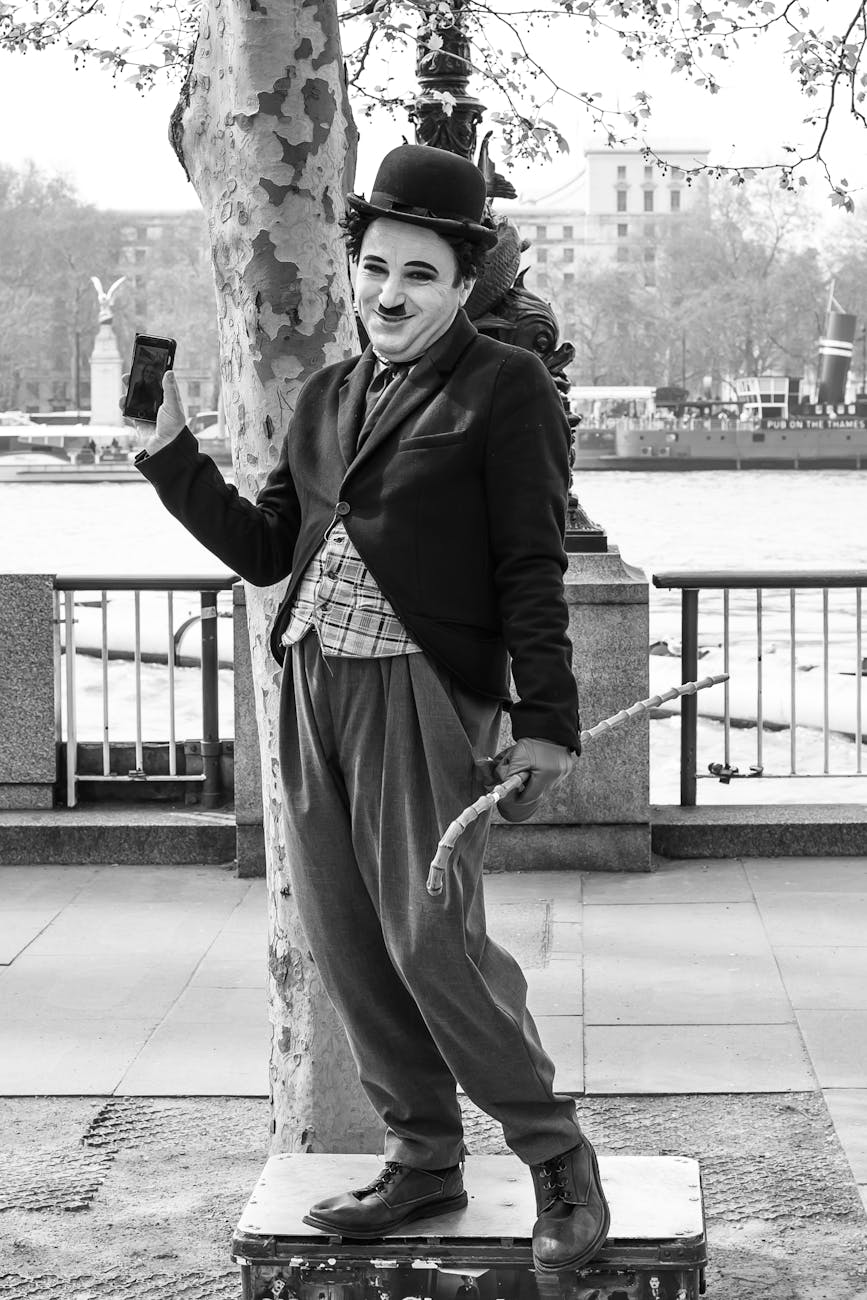
Reading a mystery book for my Sisters In Crime book club. (Yes, little one, I am a member of SIC. It’s an excellent organization and is broad-minded enough to allow the stinky men in the door so long as we don’t cause trouble and clean the dishes after the meeting.)
In this book, which I will not name for fear of getting into a flame war, the main character is flat. I mean, pancake city. He sees a good-looking female and this is his reaction:
“She was a beautiful woman, blonde hair and heart-shaped face.”
And this tells you what about his character? That he’s dull as a butter knife? That he notices when a woman is beautiful? That the writer can’t seem to think of how to make him interesting at all?
Had I written the book, this is how it would go:
“She had the face of a fallen angel, one that flew too close to the ground. Her body was dangerous in its curves. Men would love this girl–for about fifteen minutes. Then she was on her own.”
I wonder if you can see the difference.
Maybe you think the second guy is a sexist bastard. But admit it, you get a taste of what he’s like–his character–just by that little description of how he looked at the woman.
It’s hard to read a 300 page book when the character is so flat the author has to keep telling you things about his background to keep you interested. It is a common flaw with mystery writers in particular that all kinds of things are thrown into a hero’s background to get you to love them–yet when the character thinks or talks or moves, you see nothing of these background quirks in them.
Writing an interesting character is the thing that turns a story to gold. Gone With the Wind would just be another Southern Apology tour without Scarlett and Rhett. If you ever read the book, you will see how Margaret Mitchell tells you who these folks are in every word they say, every move they make, every thought they think. You want to hate them. But you’re having too much of a good time despising them yet rooting for them.
And that, children, is today’s lesson in writing. Don’t just tell me that someone is a tortured soul. Show them eating dark chocolate and hating it but refusing to eat milk chocolate because they don’t think they deserve it. Don’t tell me some girl is stupid in love with her teacher, show her fumble an answer she knows full well when he asks her the question because she’s flustered. Then show me her berating herself afterward by calling herself a mule, a donkey, and other assorted four-legged creatures. Don’t tell me she’s upset. Upset at what? The Lakers’ loss last night?
We love our characters. Without them, we are lost.
Because, deep inside, we want to be characters too. We want people to remember us as that quirky person with the off-putting sense of humor who they can’t forget.
They want us to be memorable. A good character is. A pancake is best juiced up with a bit of syrup. Remember that, my writer friends.
Your version is infinitely better! Can’t literary agents and editors see that??? You’re right. Complexity of character is all.
LikeLike
Actually, I have an agent. And she is just as puzzled as you are that publishers are not flocking to Minerva. But we’re not finished with the old girl yet. She still keeps plugging. God Love her.
LikeLike